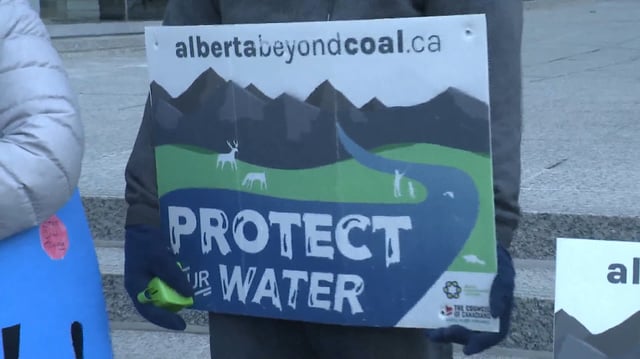Overview
- A peer-reviewed government study found that nickel and other heavy metal concentrations in Luscar Creek and Gregg River remain elevated, with downstream nickel levels up to 200 times higher than upstream.
- In the McLeod River Basin, 98 to 100 percent of water samples exceeded Alberta’s selenium guideline, posing risks of deformities and reproductive harm in fish and bird populations.
- Researchers warn that persistent pollution from decommissioned coal mines threatens the endangered Athabasca Rainbow Trout with likely extinction under current reclamation practices.
- Bill Donahue, former chief of provincial environmental monitoring, said the findings expose systemic regulatory inaction on enforcing water quality and reclamation requirements.
- Alberta’s Environment Ministry has barred new open-pit coal permits and will require future mines to operate underground or use advanced selenium management, while the Alberta Energy Regulator phases in remediation objectives over several years.
